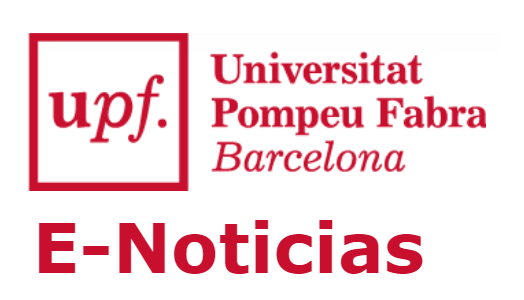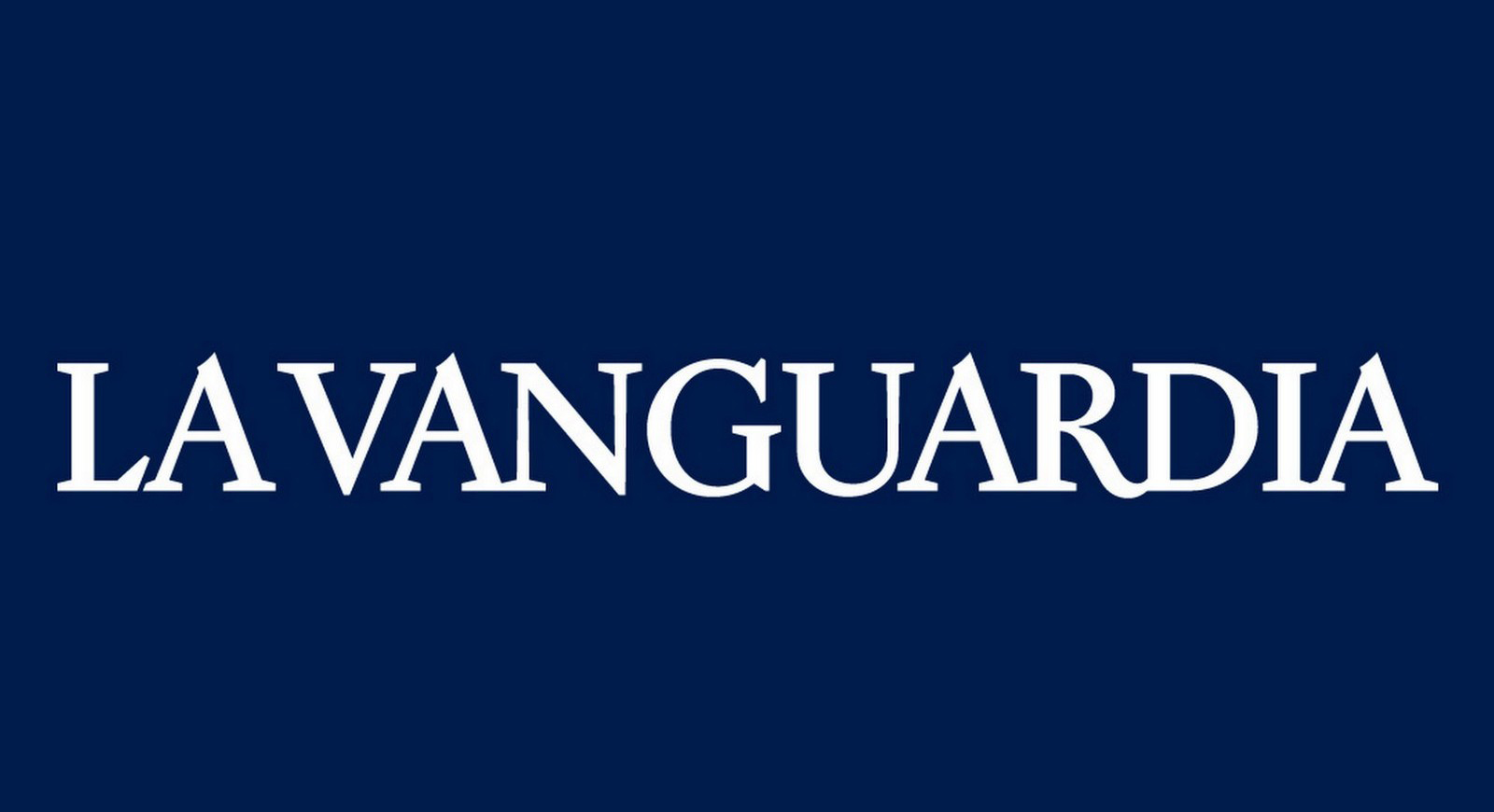Use WhatsApp as a tool for political information
Use WhatsApp as a tool for political information
Information regarding the results obtained in the second part of the investigation on the Use of WhatsApp as a tool for political information presented in the "Analysis Day on WhatsApp, False News and Politics on the Electoral Scenario", held on the day April 11 at the premises of Pompeu Fabra University.
Within the framework of the activities to be carried out by the Ideogram Chair- UPF for Political Communication and Democracy and in order to comply with the main objective, which is to develop different research, transfer and dissemination of the generated knowledge initiatives, trying to reach their reflections and proposals through the organization of the " activities of a diverse nature aimed at both specialized audiences and the general public (congresses, seminars and / or conferences, their own publications - notebooks, monographs, etc. - and articles and interventions in the media). The results of the second study "The use of WhatsApp as a tool for political information" were presented, which aims to identify the utility that Spanish citizens give to the WhatsApp platform and learn about the practices of Spanish people in the face of political information received on the platform. here
A list is presented with the information that different channels and media published regarding the project:
The use of WhatsApp as a political information tool (part 2 of the investigation of our Chair)
April 16, 2019. The credibility of political information is a fundamental aspect in a context of concern about the possible effects of so-called fake news in the configuration of public opinion. Although, as demonstrated in the first part of the study (Analysis of the credibility of political information in the digital environment, 2019), WhatsApp is the channel of information to which citizens give less credibility in contrast to traditional digital media , the information received through this channel is still granted medium-low credibility (from 2.59 on a scale of 1 to 5). This does not prevent, as we have seen, that citizens stop sharing the information that comes to them through WhatsApp, a fact that can contribute to the viralization of false news.
The use of WhatsApp as a political information tool (part 2 of the research of our Chair) / Antoni Gutiérrez Rubí
Reference to the note and the document of the Web of Antoni Gutiérrez- Rubí
April 16, 2019. In a context of consolidation of the so-called “hypermedia space”, the importance of WhatsApp as a political information tool is confirmed. The impact of this platform can affect the quality of the information that citizens receive in democratic systems and, at the same time, condition the design of political communication strategies. The importance of the platform is demonstrated at different levels.
Only 3% of citizenship is created political news that receives by WhatsApp
April 18, 2019. Only 3% of citizens fully believe the political news that they receive through WhatsApp, according to a study prepared by members of the Ideogram Chair of the Pompeu Fabra University (UPF) of Political Communication and Democracy.
Only 3% of citizens believe political news they receive by whatsapp
April 18, 2019. The results of the study "The use of WhatsApp as a political information tool" presented by the director of the Ideograma-UPF Chair, Carles Pont, demonstrate that this instant messaging service is the means to which citizens attribute the lowest credibility index compared to other more traditional media, such as television or radio.
Only 3% of citizenship is created political news that receives by whatsapp
April 18, 2019. In relation to this issue, the study has identified that one third of Spaniards have left a WhatsApp group for political reasons, and shows that citizens are more predisposed to share content if it is in video or It is accompanied by a photograph.
Only 3% of citizens fully believe the political news that they receive through WhatsApp
April 18, 2019. The results, presented last April 11 at the UPF during the WhatsApp analysis day, false news and politics on the electoral horizon, demonstrate that this instant messaging service is the means to which citizens attribute the lower credibility index compared to other more traditional media, such as television or radio.
Only 3% of citizenship is created political news that receives by WhatsApp
April 18, 2019. By ages, people over 55 are those who receive a greater amount of news by WhatsApp, according to the study, which indicates that 77% of citizens use this medium to share news, and the 73% comment on political news through this network.
Only 3% of citizens believe political news received by WhatsApp
April 18, 2019. "The use of WhatsApp as a political information tool" presented by the director of the Ideograma-UPF Chair, Carles Pont, demonstrates that this instant messaging service is the means to which citizens attribute the lowest rate of credibility compared to other more traditional media, such as television or radio.
Political news: WhatsApp the lowest credibility index
April 18, 2019. Despite this fact, 63% of citizens have received at least one political news during the last week through WhatsApp, and 24% receive five or more per week. By ages, people over 55 are those who receive a larger amount.
WhatsApp and politics groups, smell of napalm every morning
April 24, 2019. But are the messages we receive on mobile so important to choose who we want to govern our destinations in the next four years? Well, it is not so clear if we take for granted the fact that only 3% of citizens fully believe the political news that they receive through the WhatsApp groups.









